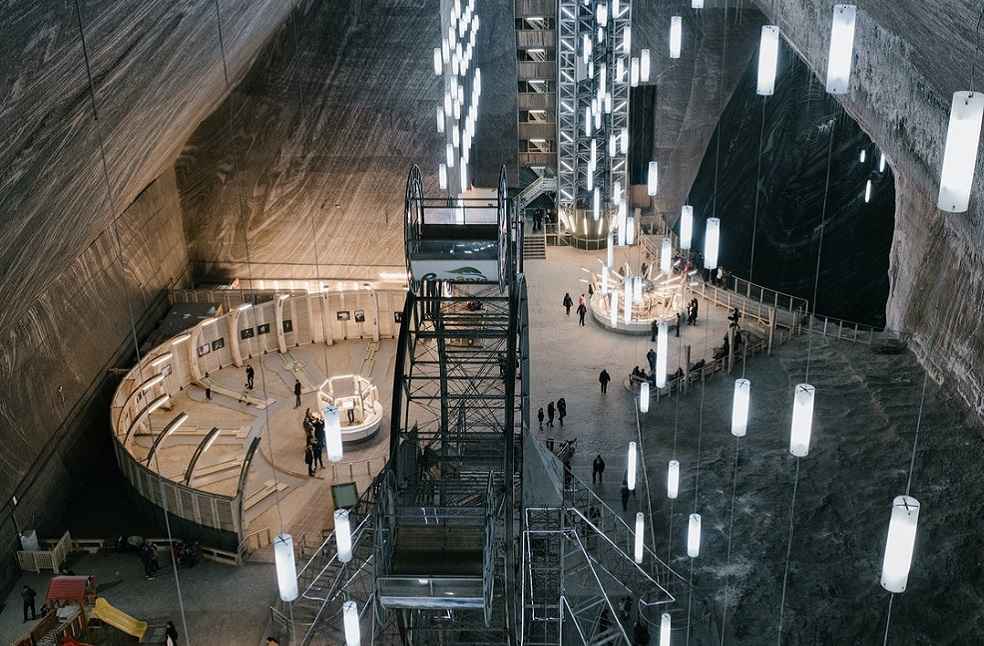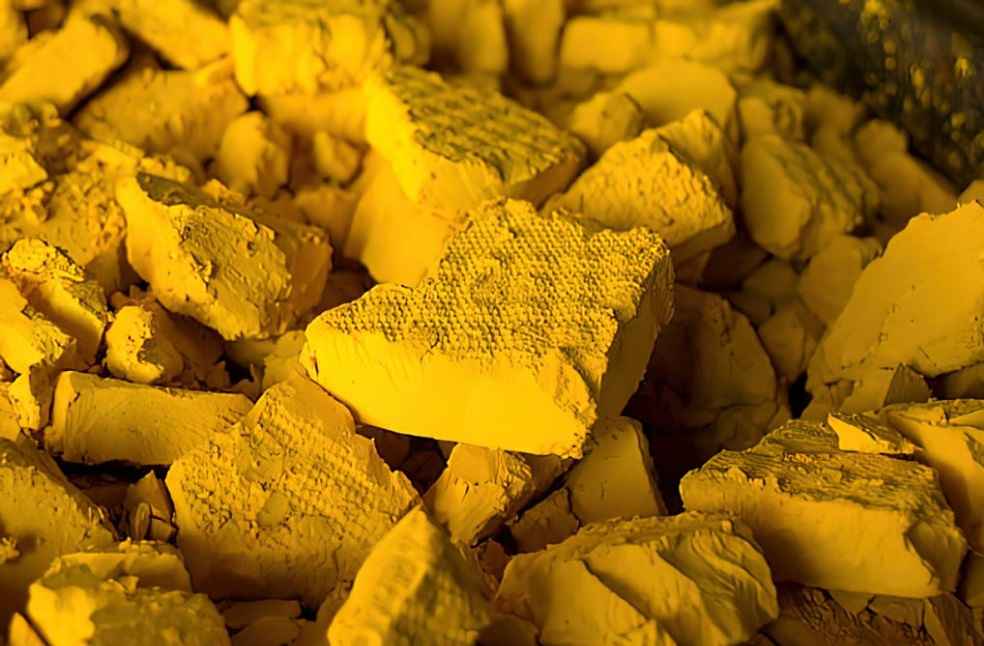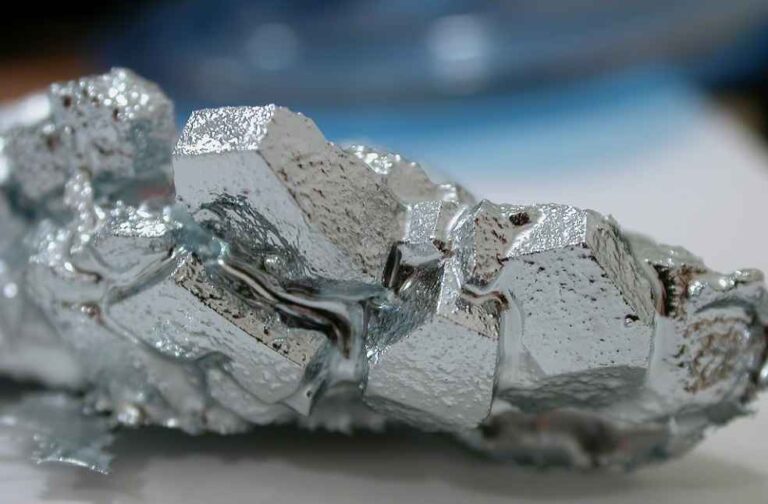Amid escalating tensions with China, U.S. President Donald Trump has directed a national security investigation into potential new tariffs on all imports of critical minerals. The move comes as China, the world’s dominant supplier of many such minerals, imposes new restrictions on rare earth exports, raising concerns in Washington over national security and supply chain vulnerability.
China is currently the leading producer of 30 out of the 50 minerals classified as ‘critical’ by the U.S. Geological Survey. Recent export curbs by Beijing, particularly on rare earth elements, have amplified longstanding concerns among U.S. policymakers, industry leaders, and academics about America’s dependence on foreign sources, especially Chinese, of processed critical minerals.

Trump’s executive order mandates Commerce Secretary Howard Lutnick to initiate a national security review under Section 232 of the Trade Expansion Act of 1962. The same legislation was previously used by Trump to impose global tariffs on steel and aluminum during his first term, and again, more recently for a review into potential copper tariffs.
Within three months, Lutnick must submit a report detailing whether new tariffs are justified. If approved, the new tariffs would apply to nations supplying critical minerals to the U.S., potentially overriding the reciprocal tariff framework introduced earlier this month. The review will assess U.S. supply vulnerabilities related to minerals such as cobalt, nickel, uranium, and all 17 rare earth elements. It will also examine foreign market distortions and propose ways to enhance domestic production and recycling.

China’s recent restrictions on rare earth exports were interpreted by U.S. officials as a retaliatory measure in response to Trump’s earlier tariffs. Rare earth elements are vital to key industries including defence, electric vehicles, clean energy, and advanced electronics.
DON’T MISS IT | China Names New Trade Negotiator Amid Rising US Tariff Strains



